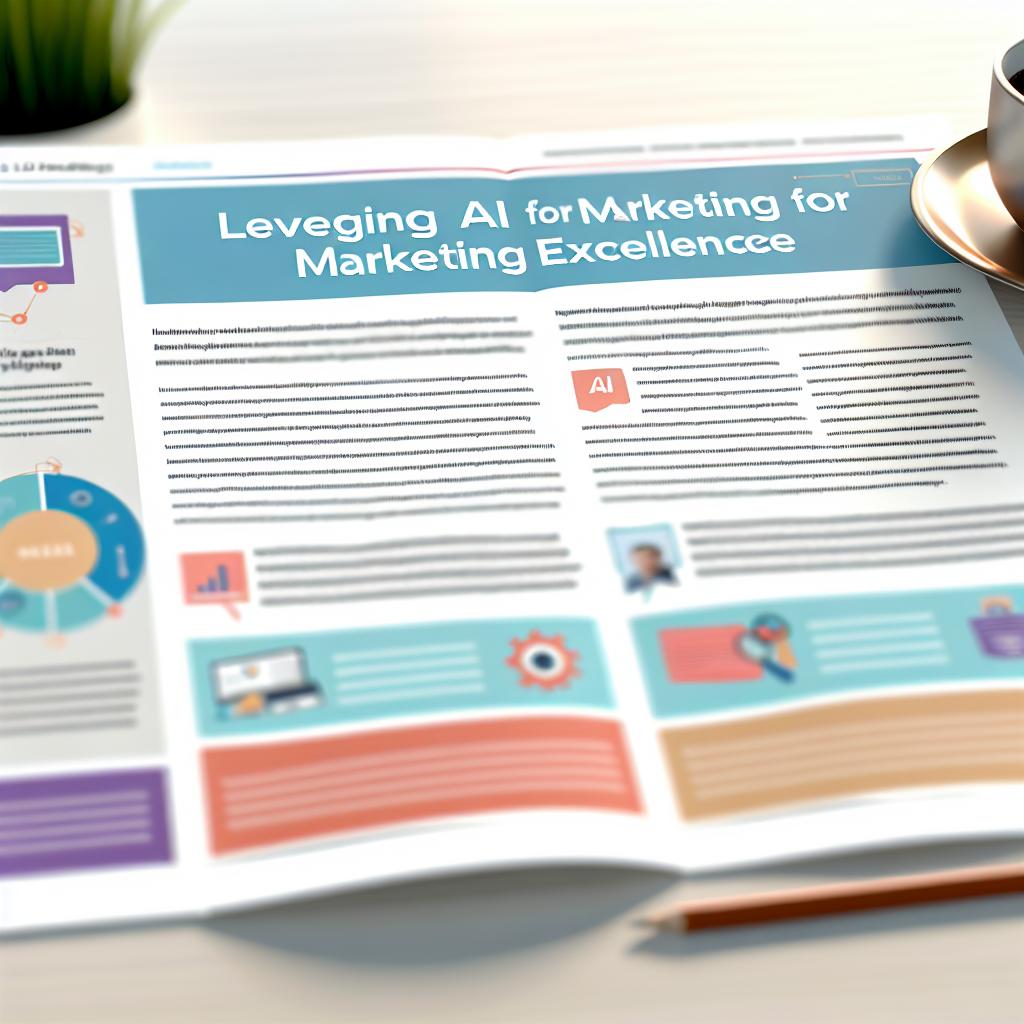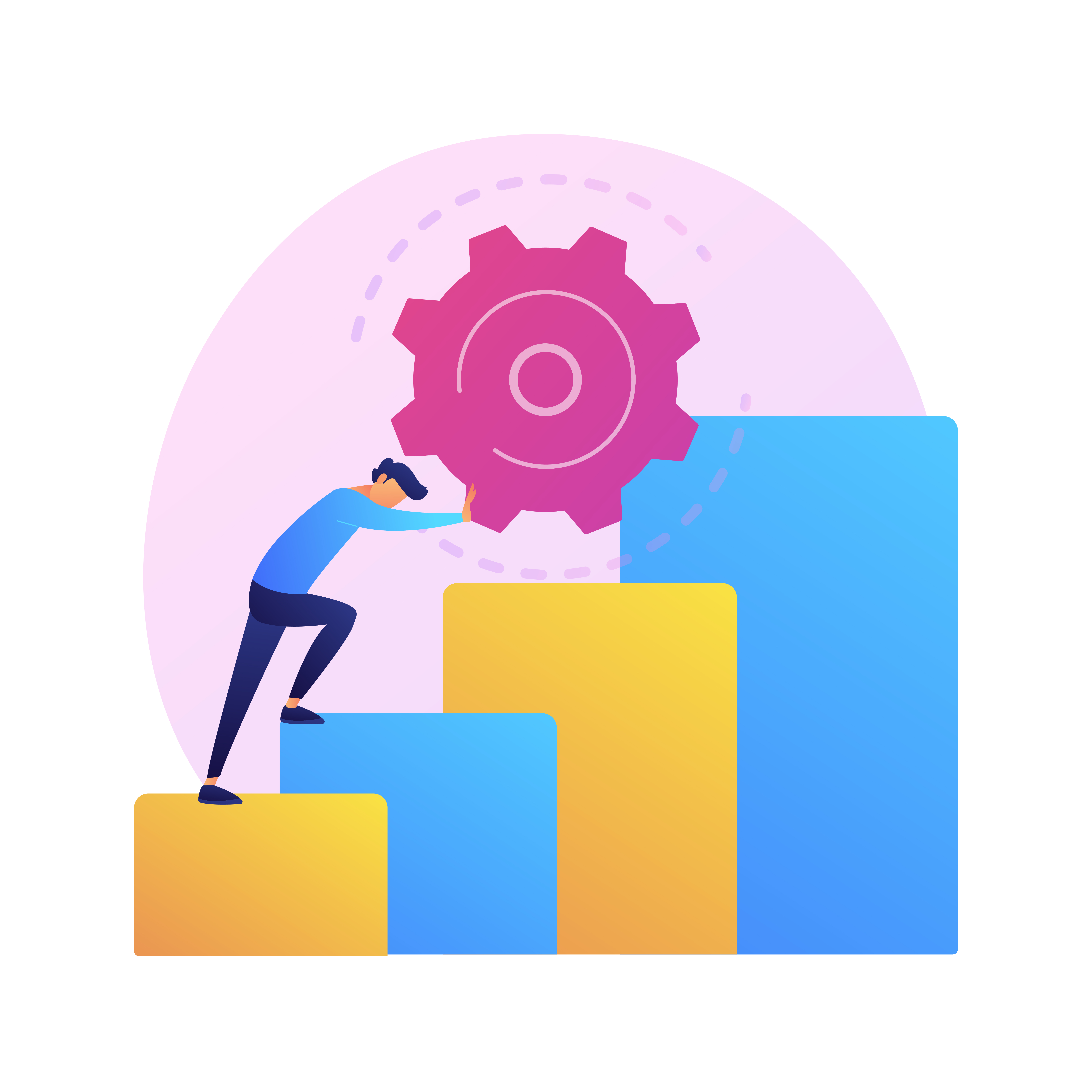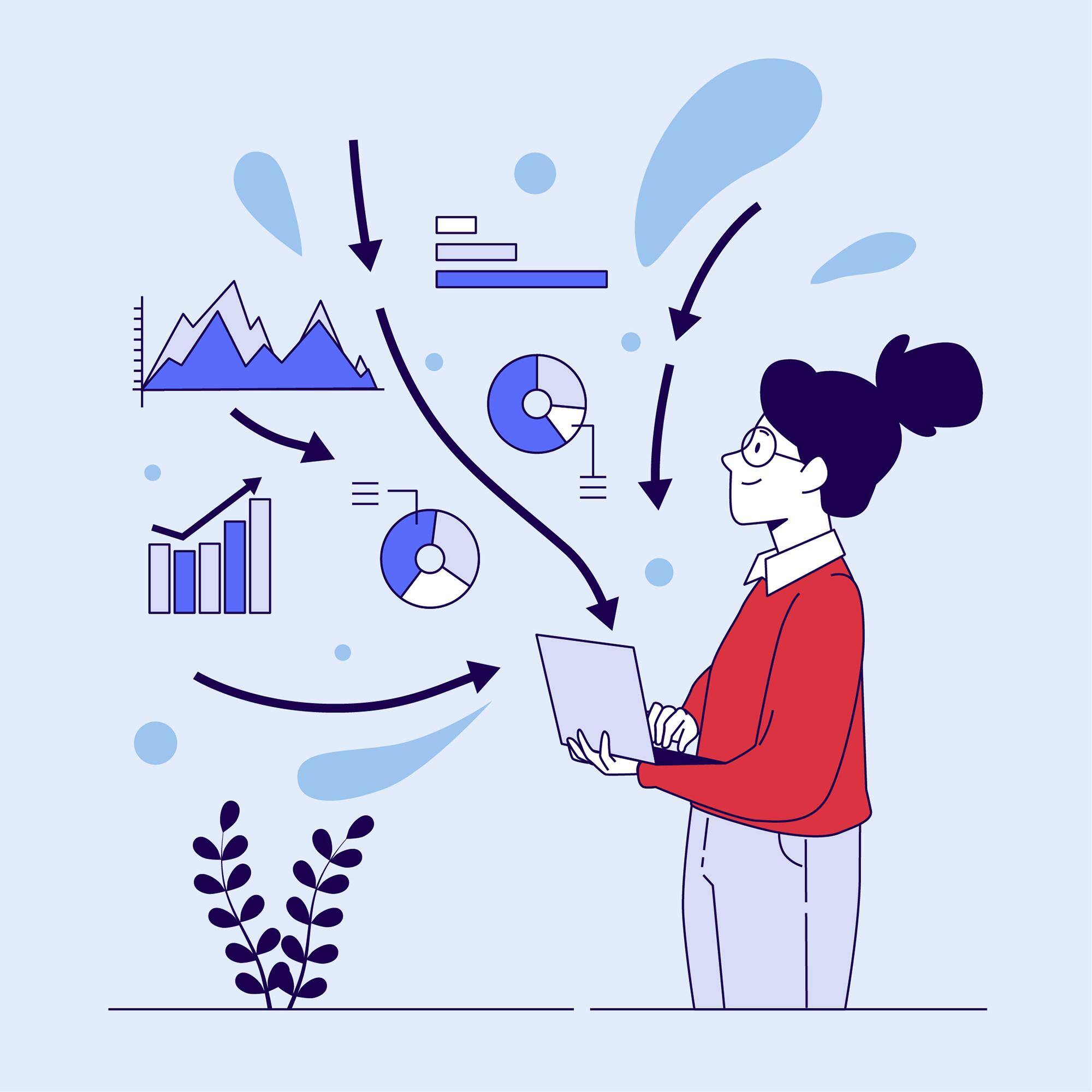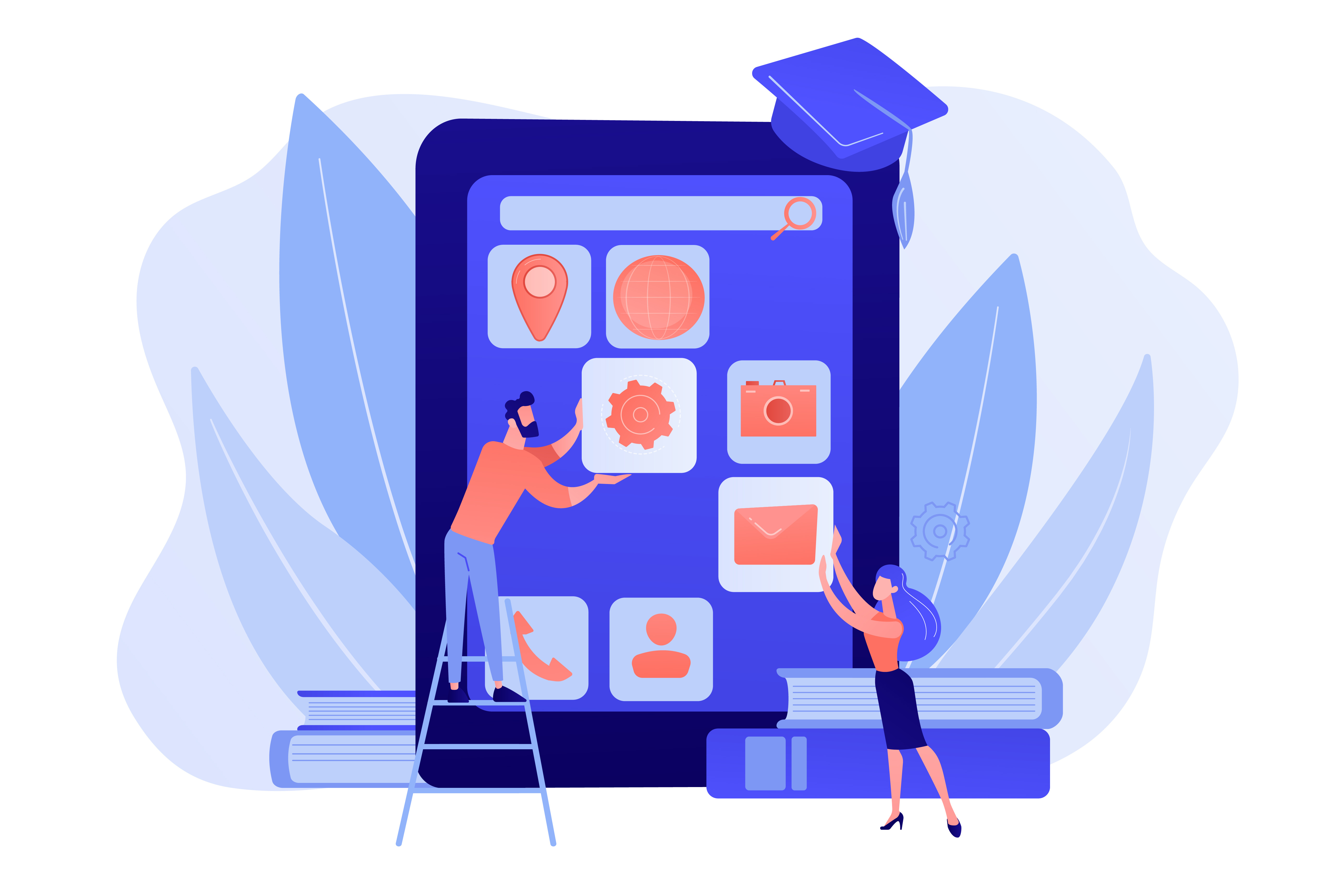The world of marketing is constantly evolving. Keeping up with the latest trends and technologies can feel like a never-ending battle. But what if there was a way to work smarter, not harder? Enter Artificial Intelligence (AI). AI is revolutionising marketing, offering a powerful suite of tools to optimise your campaigns and free up valuable time for your team.
In this blog, we'll explore five practical solutions using AI to take your marketing to the next level, all while saving you precious time.
5 Practical Solutions with AI for Marketing
- Supercharge Audience Targeting: Traditionally, audience segmentation involves analysing demographics and interests. AI takes this a step further. By analyzing vast amounts of data, AI can identify hidden patterns and predict future customer behavior. This allows you to create laser-focused audience segments, ensuring your message reaches the right people at the right time.
Example: Google Ads leverages AI to analyse user data and search trends, helping you build highly targeted audience segments for your Google Ads campaigns. - Content Creation on Autopilot: Creating high-quality content consistently can be a time-consuming task. AI can streamline this process by generating content ideas, writing headlines, and even crafting entire blog posts based on your brand voice and target audience. This frees you up to focus on the strategic aspects of your content marketing strategy.
Example: MarketMuse uses AI to analyse your existing content and competitor content to suggest content ideas and optimise your content for search engines. It can also generate outlines, intros, and even draft complete blog posts based on your chosen topic. - Ad Campaign Optimisation on Steroids: Managing and optimising ad campaigns across multiple platforms can be a nightmare. AI-powered ad platforms can take the reins, automatically adjusting bids, analysing performance in real-time, and allocating your budget to the channels that deliver the best results. This ensures you get the most out of your ad spend.
Example: Facebook Ads Manager utilises AI to optimise your Facebook and Instagram ad campaigns. It analyses factors like demographics, interests, and user behaviour to deliver your ads to the most likely customers and automatically adjusts your bids for maximum reach or conversions. - Personalisation at Scale: Customers today expect a personalised experience. AI can analyse customer behaviour and preferences to deliver personalised recommendations, offers, and content. This one-to-one approach fosters stronger customer relationships and boosts conversions.
Example: Adobe Personaliser uses AI to analyse customer data and personalise your website content and product recommendations in real-time. This can lead to a more engaging customer experience and increased sales. - Unleash the Power of Predictive Analytics: Predictive analytics is a game-changer in marketing. AI can analyze past data to predict future customer behavior, allowing you to anticipate customer needs and tailor your marketing efforts accordingly. This proactive approach gives you a significant edge over the competition.
Example: Salesforce Einstein is a suite of AI-powered tools that can predict customer churn, identify upsell opportunities, and personalise marketing campaigns. This allows you to focus your marketing efforts on the most high-value customers.
Conclusion
AI is not here to replace marketers; it's here to empower them. By embracing AI solutions, you can automate tedious tasks, gain deeper customer insights, and optimise your campaigns for maximum impact. This translates to significant time savings, improved campaign performance, and ultimately, a stronger bottom line.
Found this useful? Head to our marketing playlist where you can learn more tips and tricks for marketing with our bite sized content.
.png)




